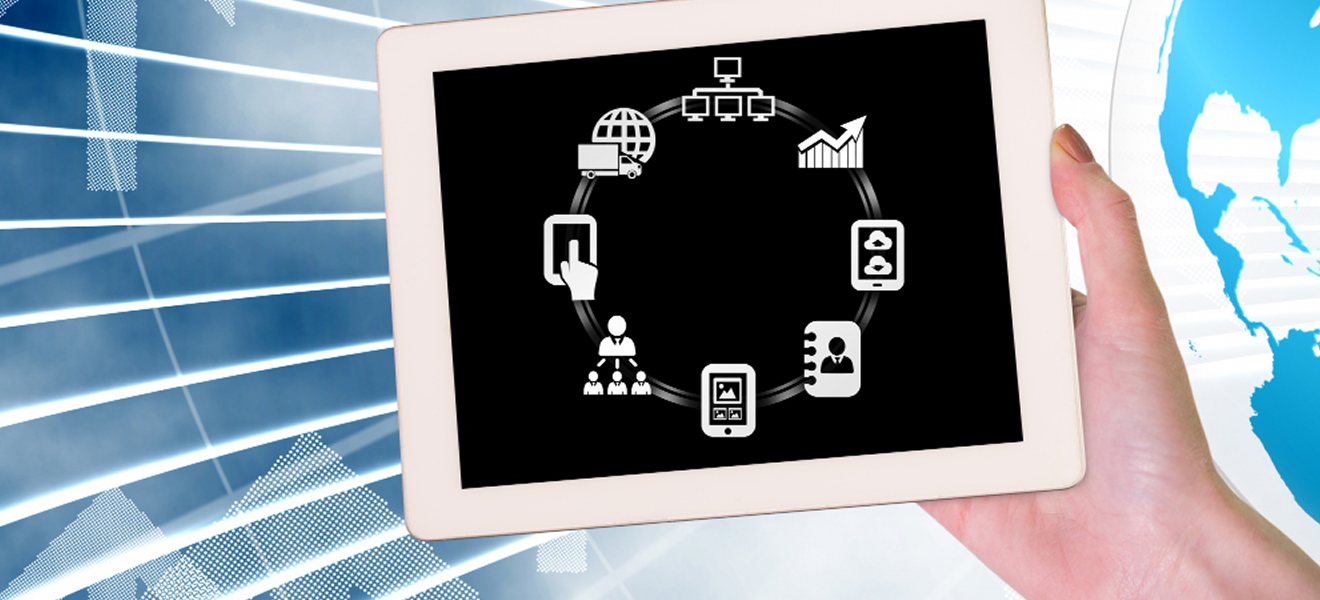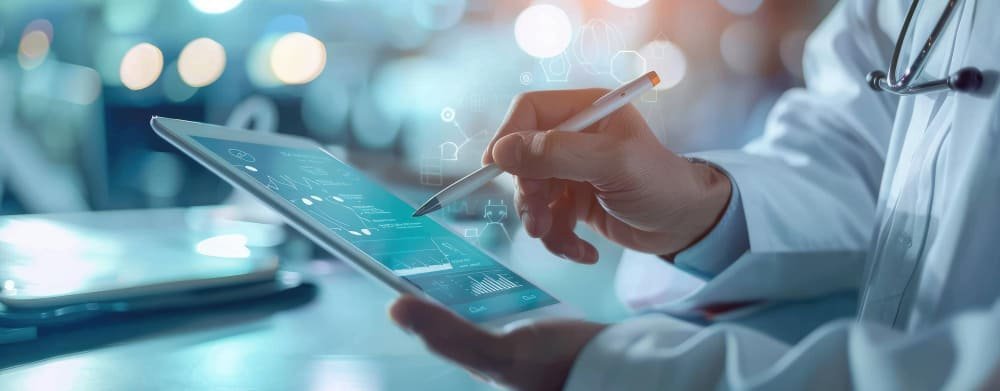.png)
204, 2nd Cross Rd, East of NGEF Layout, Kasturi Nagar, Bengaluru, Karnataka
The healthcare industry is undergoing a digital revolution, and Internet of Things (IoT) technology is at the heart of this transformation. From real-time patient monitoring to automated hospital operations, IoT-powered smart hospitals are enhancing efficiency, improving patient outcomes, and reducing costs.
Posted By
Published Date
Reading Time

IoT in healthcare refers to a network of connected medical devices, sensors, and software that collect, analyse, and transmit patient and operational data. These devices communicate over the internet, enabling hospitals to monitor patients remotely, track equipment, and automate processes.


IoT is reshaping hospitals into smart, connected ecosystems that deliver faster, safer, and more efficient healthcare. By leveraging IoT solutions, hospitals can enhance patient care, optimise operations, and stay ahead in the digital era. While challenges exist, the future of IoT in healthcare is undoubtedly bright, transformative, and essential.
No Comment Yet! Vixan post comment box is empty!